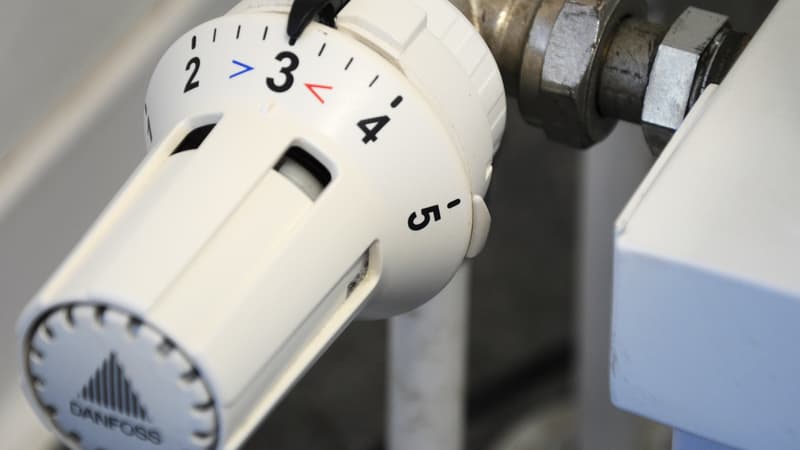A few days after the presentation of the energy sobriety plan by the executive, the think tank négaWatt has listed fifty measures aimed at effectively reducing energy consumption in France. For each of these provisions, the association has quantified its exact impact.
These new gestures to be adopted are intended to deal with the threat of shortages, which hangs over the French this winter due to supply difficulties linked to the war in Ukraine. They also represent lasting solutions to combat climate change.
To prepare this list, négaWatt experts studied the main sources of consumption in the residential, tertiary and transport sectors. Next, they determined the fifty most effective measures in terms of energy saving, of immediate application and free of charge. On the other hand, they could not focus on the industry, due to lack of available data.
Lower the heating temperature to 19°C
And the most effective gesture to adopt, in residential, is still lowering the temperature of the heating. “In individual or collective homes, respecting the heating setpoint at 19°C saves 23.5 terawatt hours (TWh) per year”, indicates the director of négaWatt Stéphane Chatelin in Parisian. This represents 13% of heating consumption. However, several studies place the average temperature in homes at 22°C.
For this gesture to be widely applied by households, négaWatt suggests that a specific state awareness campaign be issued on the subject. It also advocates the promotion of thermostats and controllers by heating manufacturers, distributors and installers.
NégaWatt also recommends that households adopt “more sober cooking practices,” reducing consumption of frozen foods, turning off the oven before cooking is complete, and especially covering pots and pans. The application of such gestures would reduce by 10% the consumption related to the kitchen in the residential sector, indicates the report.
Disconnect devices in standby mode
In households, unplugging household appliances, such as the internet box, the television and the computer, is also cited as one of the most effective saving gestures. Devices left idle in homes are responsible for an 11% increase in the amount of the French’s annual electricity bill, according to Ademe. Turning them off completely could reduce household power consumption by 14%, according to the think tank’s report. Specifically, the use of power strips with switches and programmers could facilitate the adoption of this reflex by many homes, recalls négaWatt.
The installation of flow limiters in taps and showers could also reduce domestic water consumption by a quarter, and the energy needed to heat it by 8,200 GWh per year.
The tertiary sector, responsible for 16% of energy consumption in France, compared to 30% for the residential sector, also represents an important savings lever. Lowering the heating to 19°C in offices, as well as homes, is the measure that generates the most savings. Its application would thus reduce the total energy consumption of the sector by 28%. NégaWatt also recalls the impact of the systematic switching off of the heating when the offices are unoccupied.
Limit speed to 110 km/h on the highway
Transport alone accounts for 19% of the territory’s energy consumption. Limiting the maximum speed on motorways to 110 km/h and that on dual carriageways to 100 km/h would allow significant savings. The reduction in total fuel consumption that these measures could entail on the trips in question is therefore estimated at 20%. The development of carpooling with the establishment of specific lines by the communities would mean a fuel saving of 30%.
The application of the fifty measures proposed by négaWatt could reduce the overall consumption of gas, electricity and oil in France by 13% in the short term. In detail, négaWatt calculates the reduction in electricity consumption by 17% and gas consumption by 20% in the territory. What would dismiss, if these measures were applied, the specter of a winter energy shortage.
Source: BFM TV


